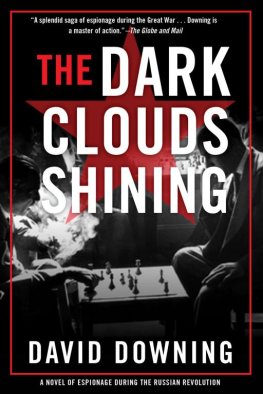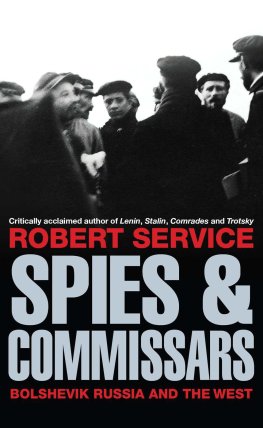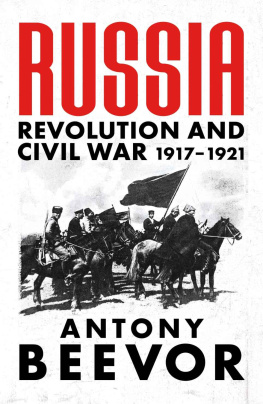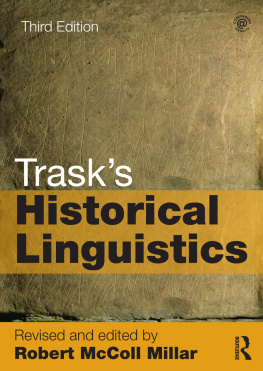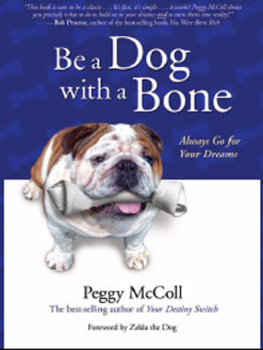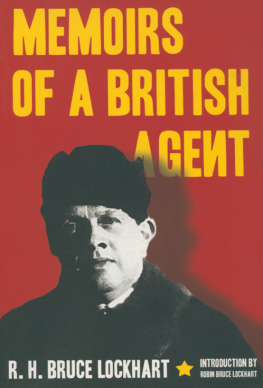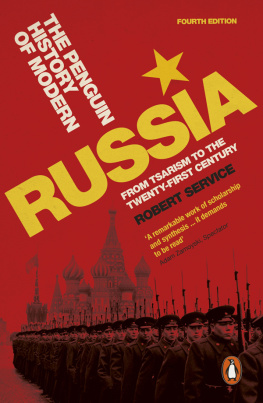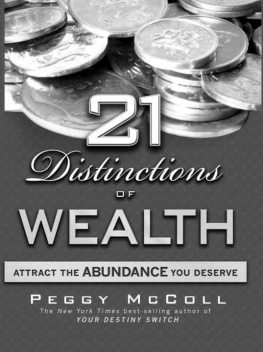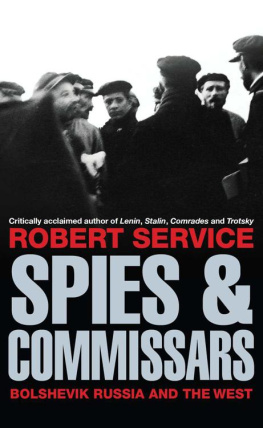David Downing
THE DARK CLOUDS SHINING
Theres a silver lining,
Through the dark clouds shining,
Turn the dark cloud inside out
Till the boys come home.
(from Keep The Home Fires Burning, lyrics by Lena Ford, 1914)
A curtain was lifted, a light briefly shone,
a swift shadow fell down the wall and was gone.
(Vladislav Khodasevich, 1922)

The Harrow courtroom was in a shabby condition; like so much else it was still waiting for a postwar recovery. The large expanses of wood paneling looked like they hadnt been polished for years, which was somewhat surprising given the number of people outside yearning for gainful employment.
The railing in front of Jack McColl was shiny enough, presumably greased by the sweating palms of previous defendants. It wasnt the first time hed stood in a dock, but hed never been alone in one before, and for some reason the experience felt less stressful. Perhaps because he had only himself to worry about.
He was glad his mother hadnt come down from Scotland. She had visited him in Pentonville a week or so earlier, and he had obviously convinced her that there was little point. He had refused her offer to pay for a better lawyer for much the same reason. Moral support was always nice, but she didnt have that much money to spare, and both of them knew it would have been wasted.
The mere fact that the authorities had gone for a jury trial suggested, at least to McColl, that the outcome was a foregone conclusion, and that the Crowns chief concern was to maximize his sentence. The jury, of course, might prove awkward, but nothing in the faces of its members suggested any sympathy with his case. The judge, a white-haired man in his sixties, had been palpably hostile from the outset. According to one newspaper that McColl had seen, the judge was known as the Mets best friend, some accolade when Londons police force was clearly spoiled for choice in that regard.
And some choice when the alleged crime concerned the serious injuring of a policeman. The officer, PC Owen Standfasteven the name seemed like an accusationwas still, ten weeks later, in too frail a state to attend the court. Or so it was claimed. McColl had his doubts, but admitted he might be doing the man an injustice. It was, after all, his instant aversion to PC Standfast that had set his fist on its face-bound trajectory.
The police constable had been well enough to recall and describe the events in question, and the middle-aged detective inspector now entering the witness box was armed with the interview transcript. He began by explaining the reasons for PC Standfasts nonappearance, and then announced, apropos of nothing, that the constable had decided on doctors advice to take early retirement. When McColls state-provided counsel protested that this statement might be prejudicial, the judge reluctantly agreed, and advised the jury to forget they had heard the offending words.
The inspector started reading Standfasts testimony, his voice rather loud for the mostly empty courtroom, his tone suggesting a penchant for amateur dramatics. PC Standfast had first observed the vehiclea Ford Model Tcoming toward him on Preston Road at around four oclock in the afternoon. It had been traveling in the center of the highway at what he considered an excessive speed. Only a few seconds later it had abruptly swerved to the left and crashed through the plate-glass window of number 146, the Eternal Rest Funeral Parlour. PC Standfast had hurried toward the scenea distance of about a hundred yardsworried that someone might be badly hurt, but on reaching the spot had found two men in the automobiles front seats laughing hysterically. The man behind the wheel, half of whose face was covered by one of those tin masks commonly worn by soldiers whod suffered facial disfigurement in the war, was so taken by the humor of the situation that he was rhythmically beating his hands on the steering wheel.
All true, McColl thought, aware of the stares of several jurors. His and Nate Simons sudden confrontation with a window display of coffins had, at the time, seemed a joke of almost cosmic proportions.
I see you still find this amusing, the judge commented, noticing McColls involuntary smile.
You had to be there, McColl replied.
The judge gave him a contemptuous look and invited the inspector to continue. According to PC Standfast, he had been about to order the two men out of the automobile when he noticed that the driver, Nathaniel Simon, had no legs. The vehicle had been adapted for his use, hand levers bolted to the foot pedals in what appeared a highly slapdash manner.
Mr. Simon chose to end his own life in police custody, I believe, the judge noted.
Yes, mlud, the inspector said.
One might consider him the second victim, the judge went on, looking at the jury.
One could if one wanted to influence the verdict, McColl thought. Though only a fool would deny that Nate had been a victim.
Thinking it unlikely that a man with no legs would step out of the car, PC Standfast had asked the man in the passenger seat to do so.
The defendant, Jack McColl?
Yes, mlud.
PC Standfast had then asked Mr. McColl to help him get the driver out of the car. At which point Mr. McColl had punched PC Standfast in the face, causing him to fall backward andas he discovered much laterto hit his head on the edge of the roadside curb. PC Standfast was in a coma for five weeks, the detective added helpfully.
He was dismissed with fulsome thanks and the lack of any opportunity for the defense to question or challenge the absent witness blithely noted. Two other witnesses were duly heard and confirmed the basic outlines of the incidentneither had been close enough to hear the exchange of words. By the time the second man left the stand, it was almost noon, and the judge was apparently hungry. The case for the defense would be heard that afternoon.
McColl was escorted back down to the basement for his own feasta chunk of yesterdays bread with a slice of ham, washed down with a decent mug of tea. It was an improvement on the fare at Pentonville, to which he assumed he would soon be returning. He was resigned to a lengthy sentence, and much of the time was inclined to think he deserved one, if not for this particular crime. He had the feeling that things were finally catching up with him, that his ham-fisted search for atonement had been finally deemed insufficient by some nebulous higher authority.
As was often the case at such moments, his thoughts went back to that day in Moscow, almost three years before. The anguished look on the young boys face when McColl had told him he couldnt take him to England. Eleven-year-old Fedya, whom McColl had chanced across in a far-off village while on his way to Moscow, and whom hed taken with him partly for the camouflage that a child in tow would provide. Fedya, who had refused to take no for an answer, followed McColl from the orphanage, and then been caught in the middle when Cheka agents chasing McColl had recklessly opened fire. His old enemy Aidan Brady, then serving with the Moscow Cheka, had probably fired the fatal shot, but McColl had felt responsible. He had brought the boy to Moscow and stupidly put him at risk.
That heartbreaking day in the summer of 1918 had been only the first of severalin the months that followed his brother Jed had been taken by the Spanish flu, and Caitlin Hanley, the Irish-American love of McColls life, had decided that the Russian Revolution meant more to her than he did. Her decision to stay on in Moscow had effectively ended their long on-off affair, and a subsequent letter had formalized the break. His career with the Secret Service had already ended after hed sabotaged a plot by the Services Russian allies to poison Moscows food supply.

